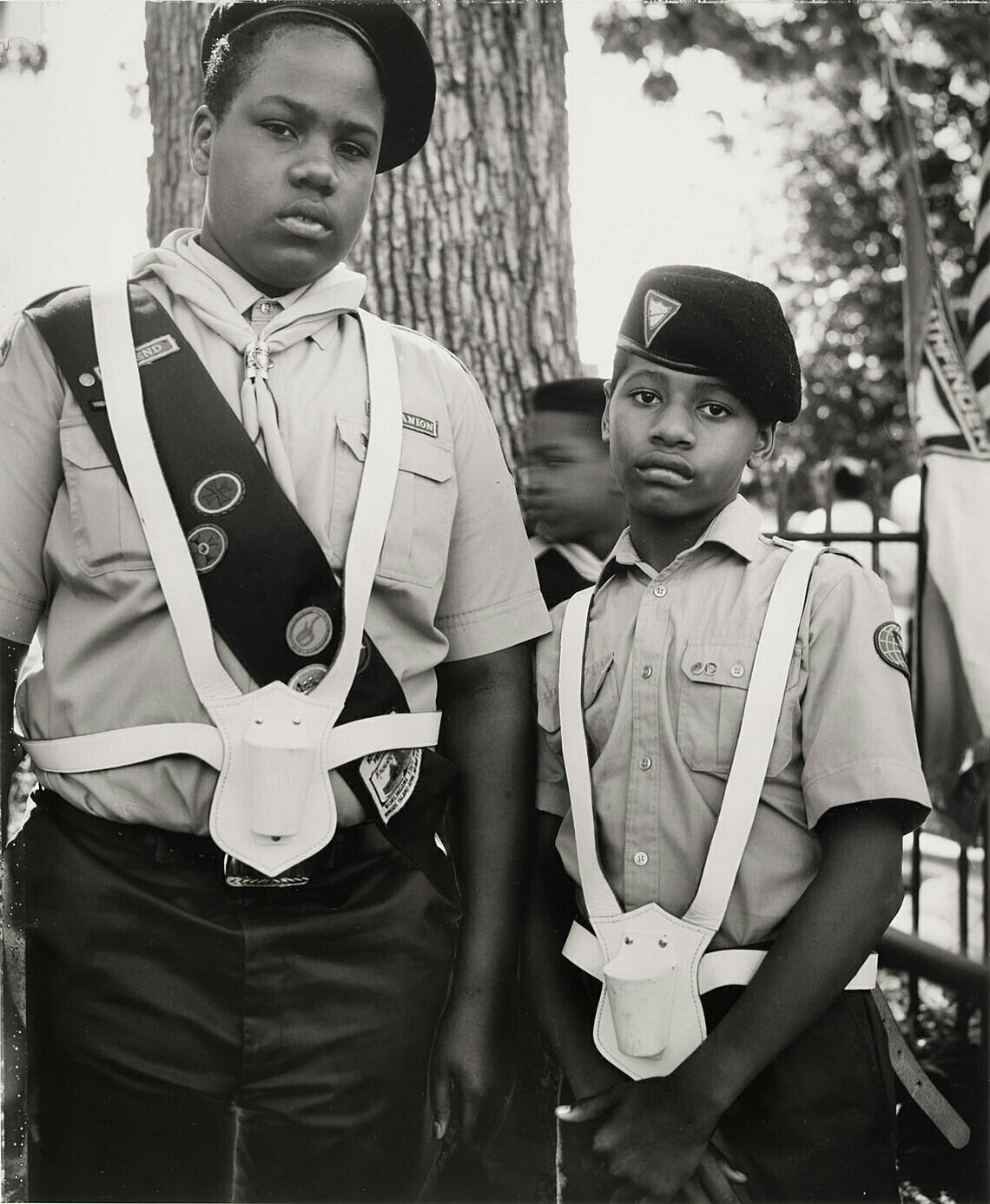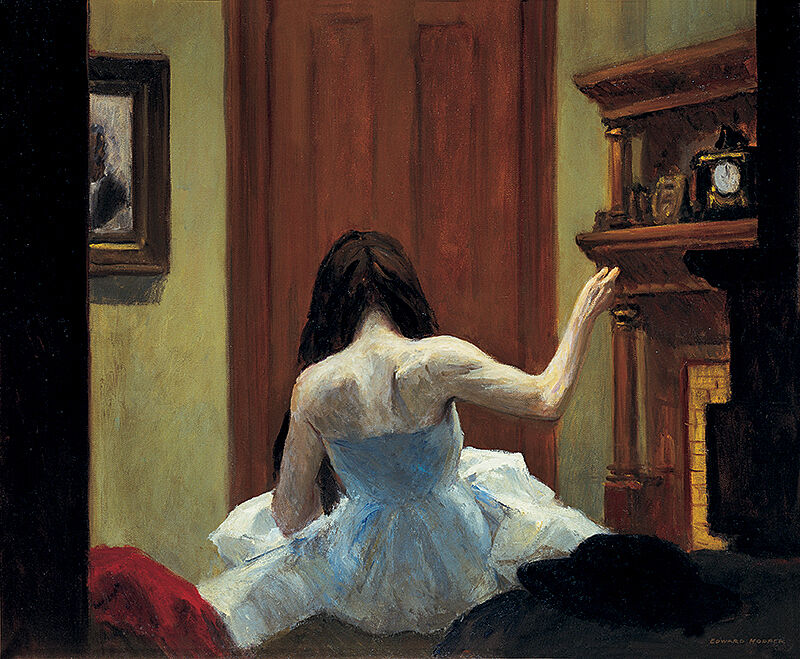Lewis Hine
1874–1940
In the early years of the twentieth century, Lewis Hine explored the intersection of sociology, pedagogy, and photography. Following in the footsteps of the Danish journalist Jacob Riis, whose 1890 book How the Other Half Lives documented the conditions in New York slums in words and pictures, Hine believed photography to be a powerful tool for reform and the democratization of knowledge.
After studying sociology and education at the University of Chicago and Columbia University, Hine taught at New York’s Ethical Culture School. In 1904 he began to document immigrants arriving at Ellis Island in photographs that demonstrate their common humanity. He soon became a photographer for numerous charity and social work agencies, as well as for the Pittsburgh Survey, a pioneering sociological investigation of an American industrial city.
In 1908 Hine became a photographer for the National Child Labor Committee (NCLC), founded in 1904 to promote legislative reform. The issue of industrialized labor was important to Hine, who had worked twelve-hour days at an upholstery factory before attending the University of Chicago. He spent more than a decade working for the NCLC, traveling the eastern United States photographing children working in mills and factories. He also frequently documented the newsboys, or “newsies,” who sold papers in the street, often from the predawn hours until late into the night. Hine recorded this image on a weekday morning, indicating that these children are most likely not in school—which could lead, as the photograph of three smoking boys demonstrates, to the dangers and adult vices of the harsh city environment.
Introduction
Lewis Wickes Hine (September 26, 1874 – November 3, 1940) was an American sociologist and muckraker photographer. His photographs taken during times such as the Progressive Era and the Great Depression captured young children working in harsh conditions, playing a role in bringing about the passage of the first child labor laws in the United States.
Wikidata identifier
Q347194
Information from Wikipedia, made available under the Creative Commons Attribution-ShareAlike License . Accessed February 17, 2026.
Introduction
Lewis W. Hines is widely recognized as the outstanding exponent of social documentary photography in America. He began taking photographs in 1904, and soon realized that the camera was in important instrument for teaching, as well as recording social conditions in America's inner city. He taught at a photographic club in 1905 and was later joined by Paul Strand. He worked for the National Child Labor Committee from 1906 to 1917, photographing children working in coalmines and factories. He traveled extensively throughout the United States documenting the social conditions of children and giving lectures on behalf of the National Child Labor Committee. He joined the Red Cross in 1918, which sent him to France. Upon his return to New York in 1919, he changed his straightforward objective style to a more interpretive approach, advertising his work as "Lewis Wickes Hine, Interpretive Photography." In 1930, Hine was given the task of photographing the construction of the Empire State Building. His images of workers on scaffolds high above the city streets are among his most famous.
Country of birth
United States
Roles
Artist, photographer
ULAN identifier
500115193
Names
Lewis Wickes Hine, Lewis W. Hine
Information from the Getty Research Institute's Union List of Artist Names ® (ULAN), made available under the ODC Attribution License. Accessed February 17, 2026.



